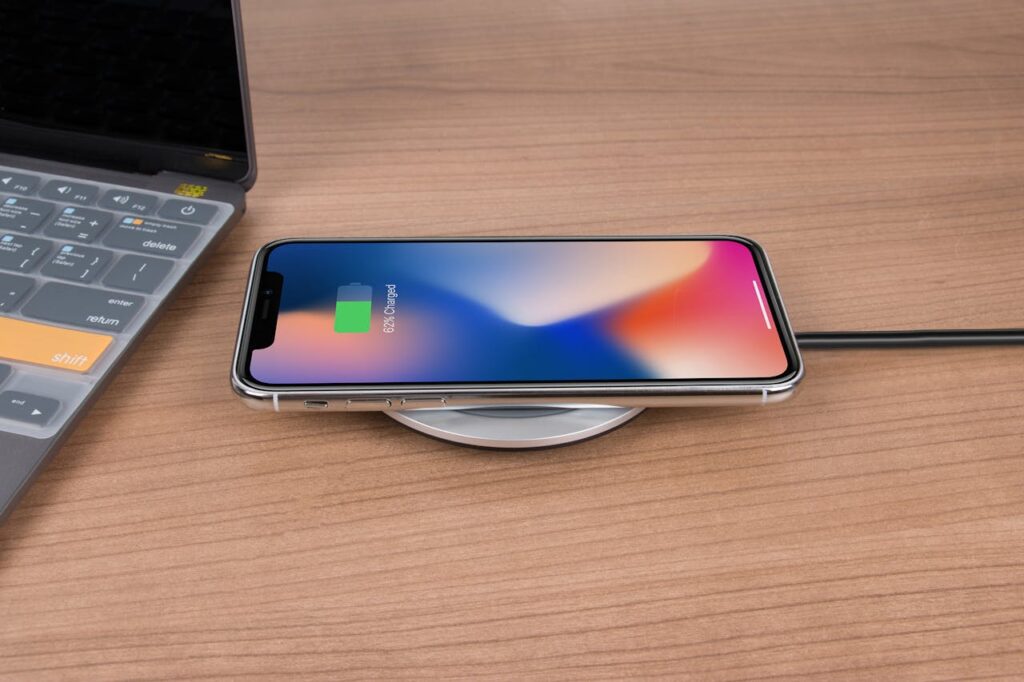Are Lithium Batteries Rechargeable?
Lithium batteries are not designed to be recharged, whilst lithium ion batteries are rechargeable battery types. Li-ion battery demand is expected to grow by about 33 percent annually to reach around 4.7 GWh by 2030.
So, what’s the difference between lithium and lithium-ion batteries? Let’s dive in and take a look at the four key factors that set them apart:
Lithium Vs Lithium-Ion Batteries: 4 Differences
Rechargeability
Lithium batteries are one-way energy streets. You use them up, and once they’re drained, they’re done! Trying to recharge a regular lithium battery could lead to overheating or leakage.
Lithium-ion batteries, on the other hand, are made for repeated charge and discharge cycles, which is why they’re found in rechargeable devices like laptops, smartphones, and other consumer electronics.
Stored Energy and Energy Density
Lithium-ion batteries have a higher energy density, which means they can pack more power in a smaller space. This is perfect for modern gadgets where we want big performance without lugging around a bulky battery.
Regular lithium batteries have lower energy density and are better suited for low-drain devices like remote controls, flashlights, or backup medical devices.
Applications
Lithium-ion batteries are used in products such as smartphones, laptops, electric cars, and power tools. These devices demand high, steady power output and frequent recharging.
Non-rechargeable lithium batteries are used in items with a long shelf life and low power draw. You wouldn’t want to recharge them, but they’ll keep your smoke detector powered for years without a fuss.
Cost and Availability
Regular lithium batteries are typically cheaper and can be found in most shops, while lithium-ion batteries tend to cost more upfront due to their rechargeability. That higher cost is quickly balanced out since you’re not replacing them every time they run out of juice.
In short, if you’re looking to recharge lithium, you’ll need a lithium-ion battery. Non-rechargeable lithium batteries can be convenient for occasional-use items, but if you want power on tap for today’s high-energy gadgets, lithium-ion is the way to go.
Disposing Of These Battery Types
If you need help disposing of and recycling your lithium battery types, we are here to help. Our team collects and recycles battery waste for businesses nationwide, offering a sustainable solution to managing electronic and hazardous items.


